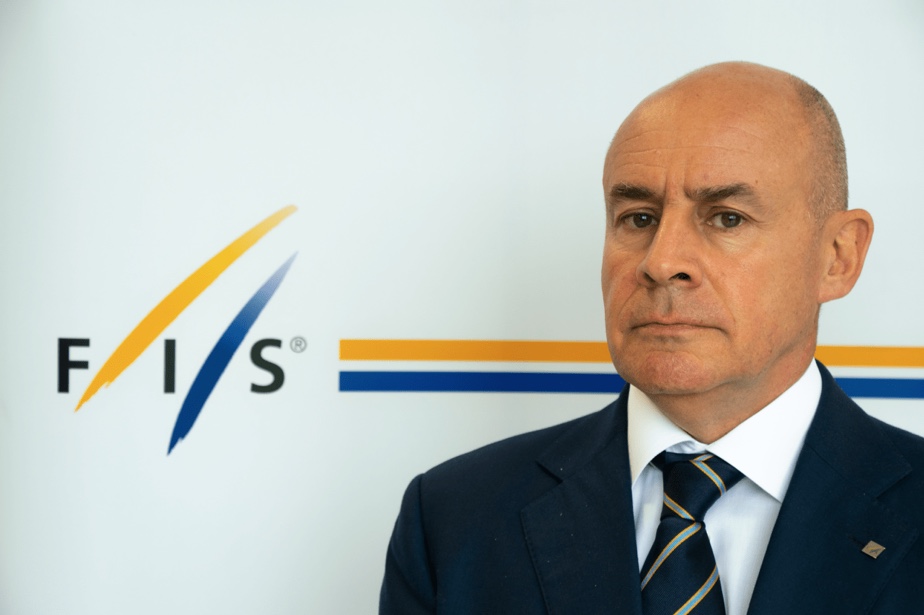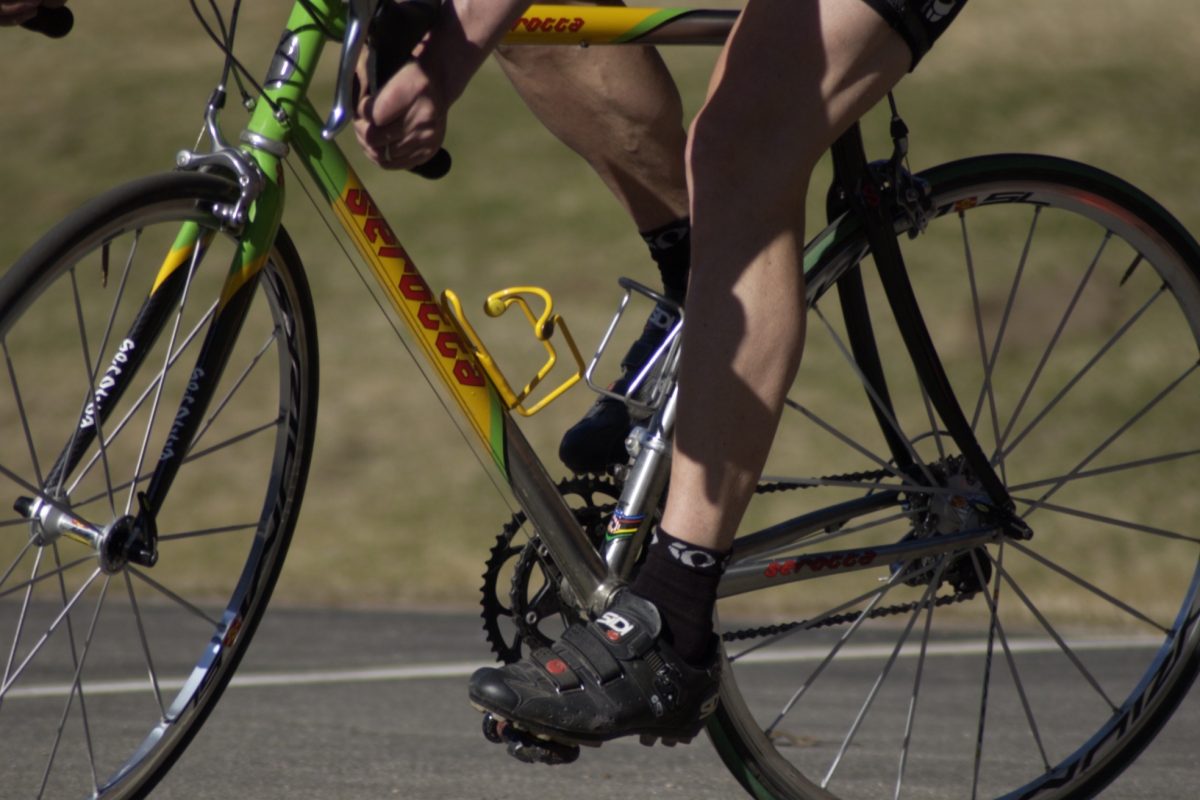Last week after winning 65 of the 119 total votes, Johan Eliasch (59), a dual citizen of Sweden and the United Kingdom, was elected the new President of the International Ski Federation (FIS). Eliasch succeeds Gian-Franco Kasper who has been in the position for 23 years.
Nominated for the position by GB Snowsport, Eliasch brings a long history of business acumen as the CEO of Head Sport to FIS. Eliasch is credited with leading HEAD Sport into a period of growth and profitability. Eliasch has since resigned from his position at Head.

In a message posted on the FIS website, Eliasch wrote, “after any election generally there are winners and losers. I don’t see any losers in this election. This was all about FIS starting on a new journey. All candidates saw a bright and growing future, and that collective vision is something I want to build upon during my tenure as President. In thanking those who supported me, I thank also everyone who played their part in making this election one which brought out the best of the FIS family – a passion for snowsport and taking it to the next level.”
Along with the message from Eliasch, a video highlights his proposed vision for FIS. In the highly produced video, Eliasch likens his mission at FIS to mountain climbing. “To succeed in any great endeavor, as like conquering a mountain, you must be prepared,” Eliasch said.
Eliasch’s wide-ranging resume should position him for making an impact at FIS. He cites his military service, academic studies, experience with corporate turnarounds and private equity, his work with the British Olympic Association, and attempts to impact climate change policy, as qualifying him to lead the institution. (Eliasch co-founded Cool Earth to curb the deforestation of the rainforest).
The bread and butter for FIS is alpine racing. And Eliasch, from his tenure at Head, knows that game well. Early on as Head skis rebounded in the marketplace, they hitched a sweet ride as they sponsored several notable alpine skiers. Head often wins or is near the top of the FIS alpine brand rankings. In a room mixing with business leaders and elite alpine athletes, Eliasch can mingle.
What Eliasch’s messaging appears to recognize is the need to package the FIS product across generations, not simply the demographic still planted in front of the television each weekend.
“We must grow and appeal to a wider and younger audience to get access to the large and lucrative and growing market out there,” Eliasch says in the video. “But to do this we need a more integrated approach to selling our sponsorship and television rights to give us more leverage to extract better value for everyone.”
Here in North America, and more specifically thinking about the nordic disciplines, streaming and televised events have become increasingly more difficult to access since the 2018 Olympics. FIS does have an opportunity in cross-country skiing, for example, to experiment with its live feed and generate a more palatable product for a wider audience. FIS, unlike the International Biathlon Union (IBU), sells off its broadcast rights in their respective markets. In the U.S., NBC Sports, or an affiliate like Peacock or the Olympic Channel, traditionally produces the programming on race day. This past season, despite securing those rights, NBC chose to cease televised broadcasts of the cross-country World Cup after the sprints in Dresden, Germany in mid-December.
Admittedly, this was a funky season for all the stakeholders. However, who would have imagined three seasons out from the Diggins-Randall Olympic gold that fans of the sport in North America would struggle to access highly produced cross-country broadcasts in English.
Pulling the plug after Dresden left a vacuum for fans here in the U.S. Consider that a massive missed opportunity for FIS as American Jessie Diggins eventually won the overall this past season.
Without using a VPN, which we are aware many American fans of the sport use, U.S.-based viewers were left with races streamed on Peacock with no commentary. Online, Peacock’s cross-country coverage featured a raw television feed. That type of product might work for those of us covering the sport, or die-hard fans. In terms of growing the sport in the U.S. and expanding its reach during a time when silent outdoor sports are booming, that type of product is a dead end.
In the video posted on the FIS site, Eliasch seems to speak to these broader possibilities. “I am fully committed to bringing a more diverse, engaging, and entertaining experience for all skiing and snowboarding enthusiasts,” he says. “Finding this balance between the fundamental values of our sport and entertainment can only be accomplished in close cooperation with all of our stakeholders, especially our athletes and sponsors.”
“I believe in change,” flashes on the video at the 9:00 minute mark. After a lengthy Kasper reign, FIS is possibly positioned to generate an exciting product under Eliasch. FIS, like many sport governing bodies, has been accused of poor leadership and insularity. In his public statements so far, Eliasch hits many of the right notes. Let’s hope it is time for FIS to sing.
Jason Albert
Jason lives in Bend, Ore., and can often be seen chasing his two boys around town. He’s a self-proclaimed audio geek. That all started back in the early 1990s when he convinced a naive public radio editor he should report a story from Alaska’s, Ruth Gorge. Now, Jason’s common companion is his field-recording gear.



